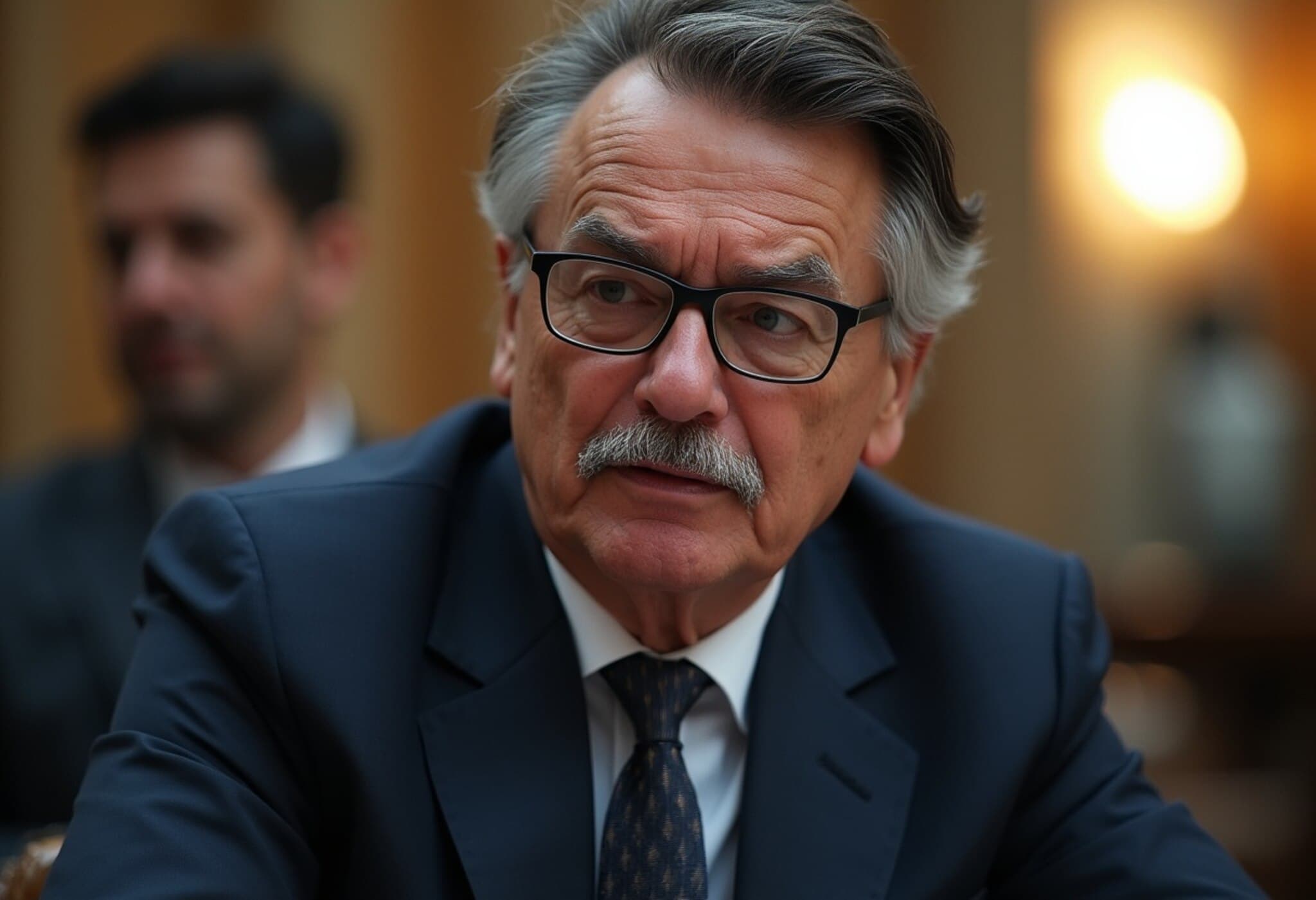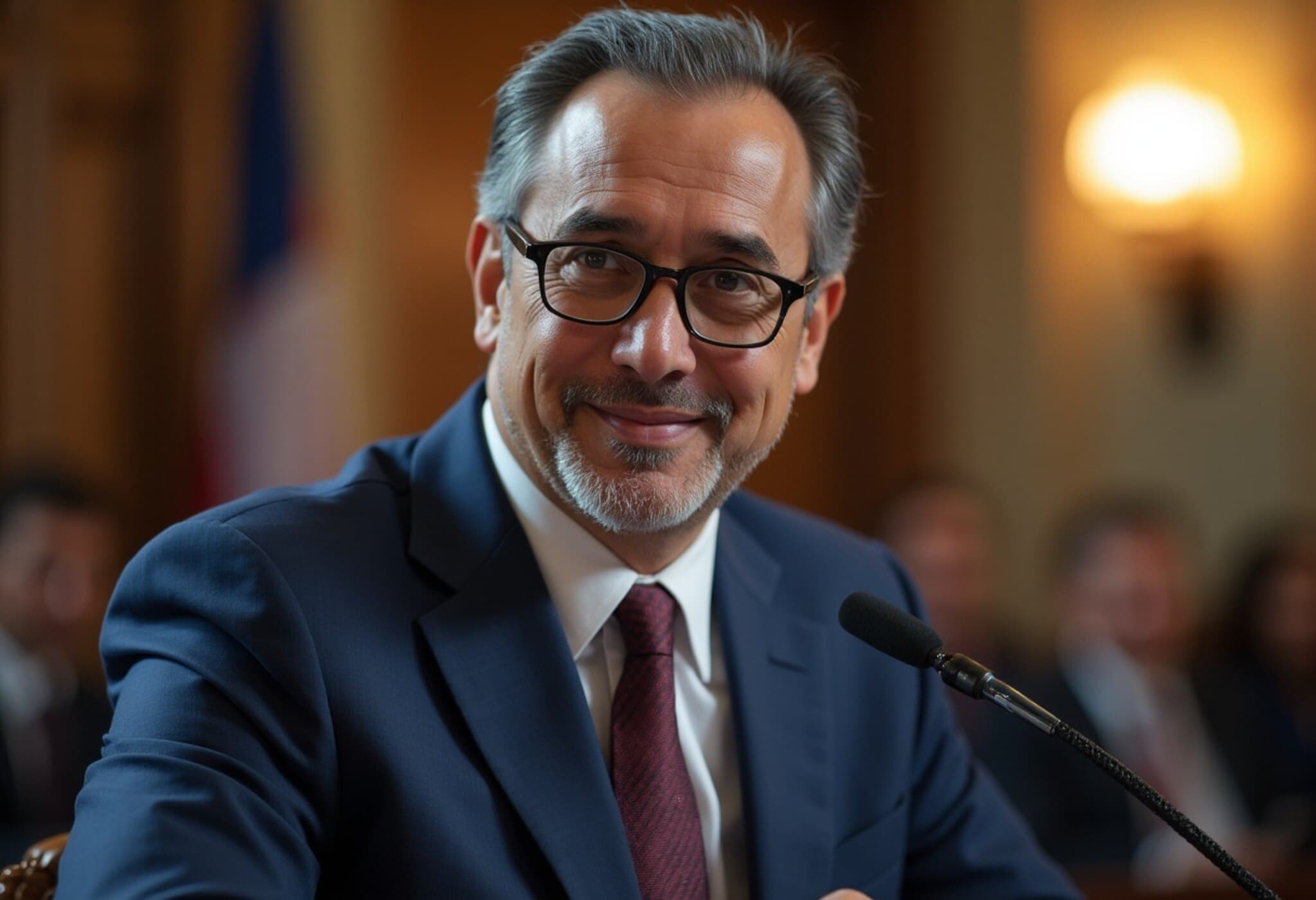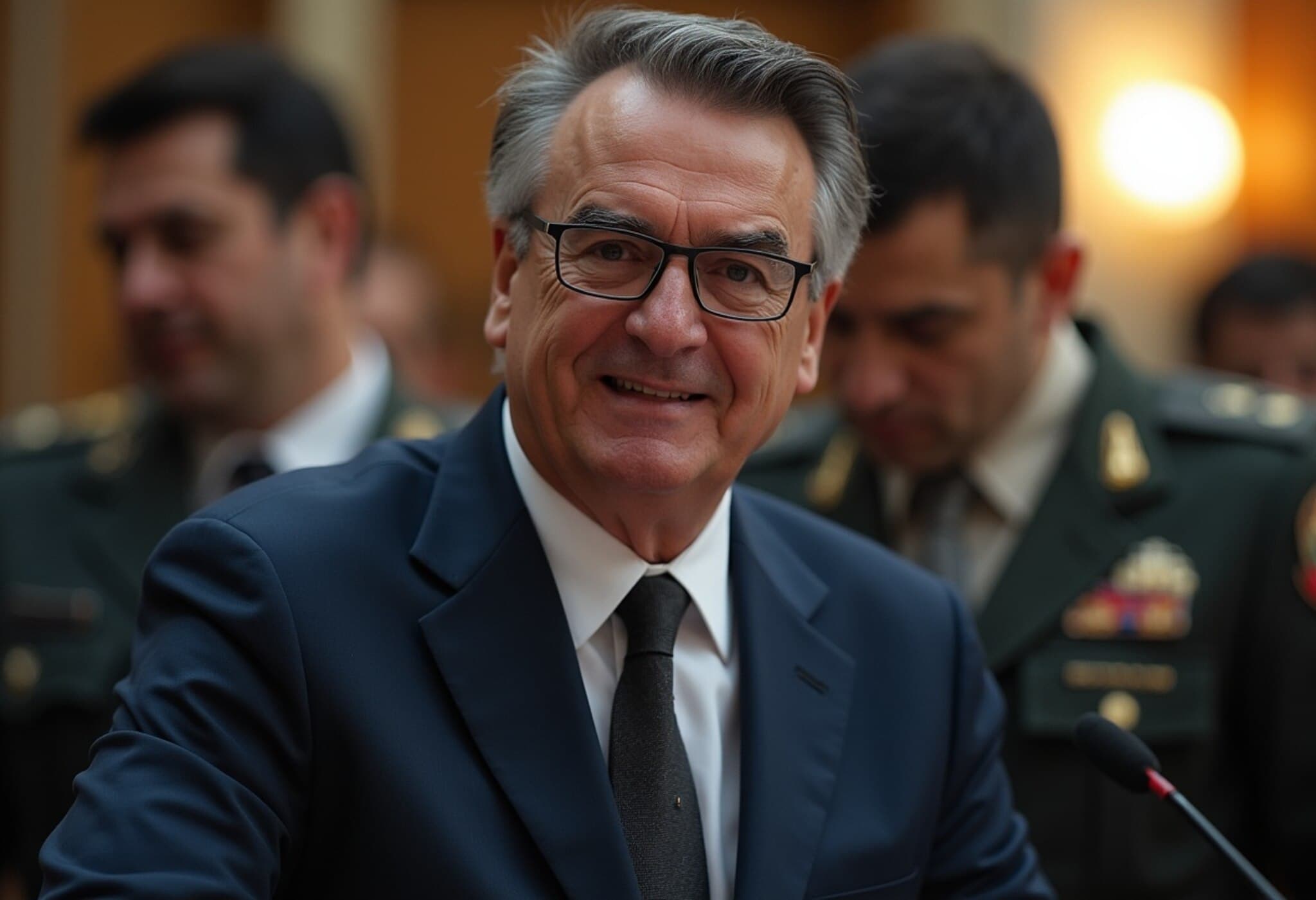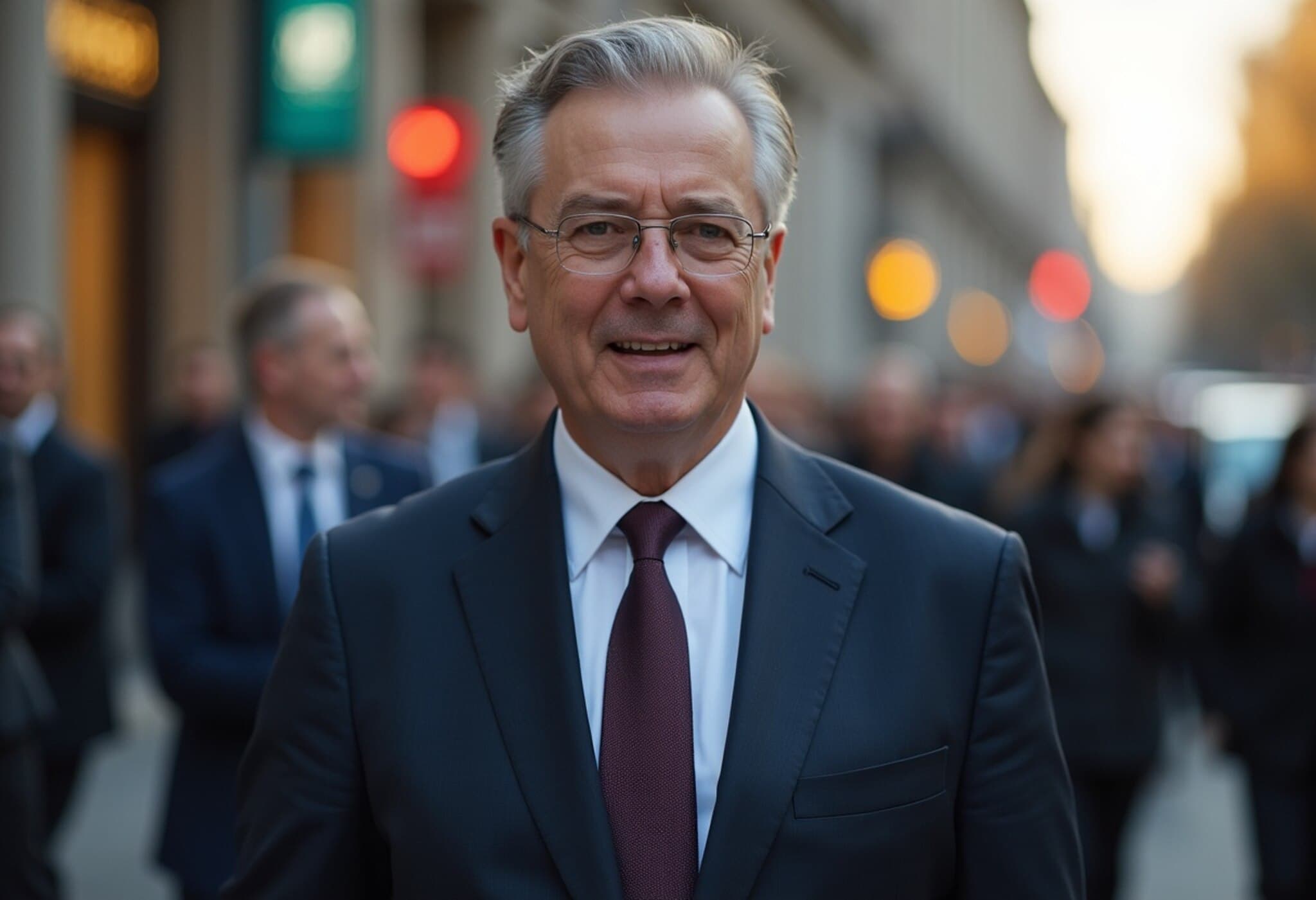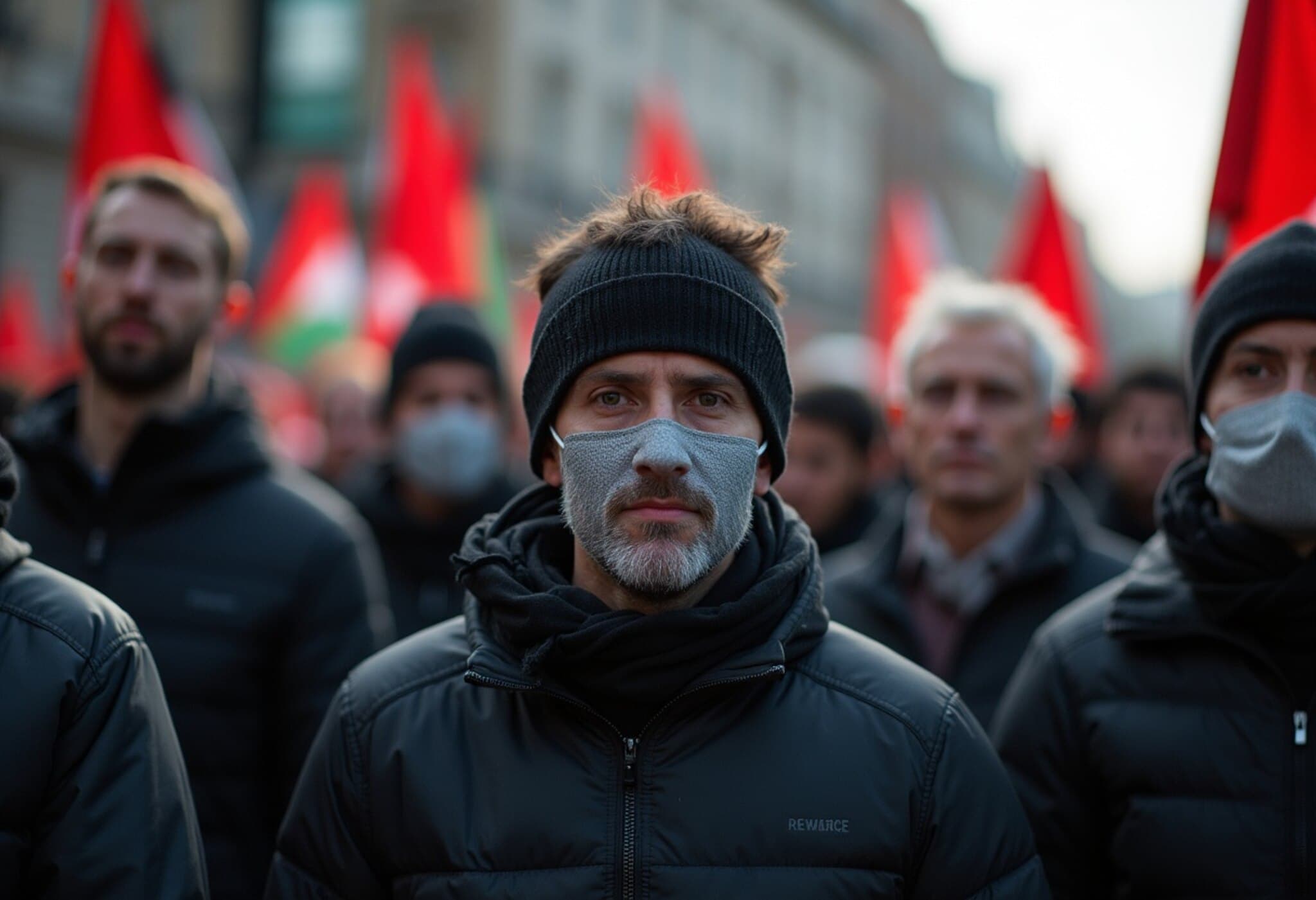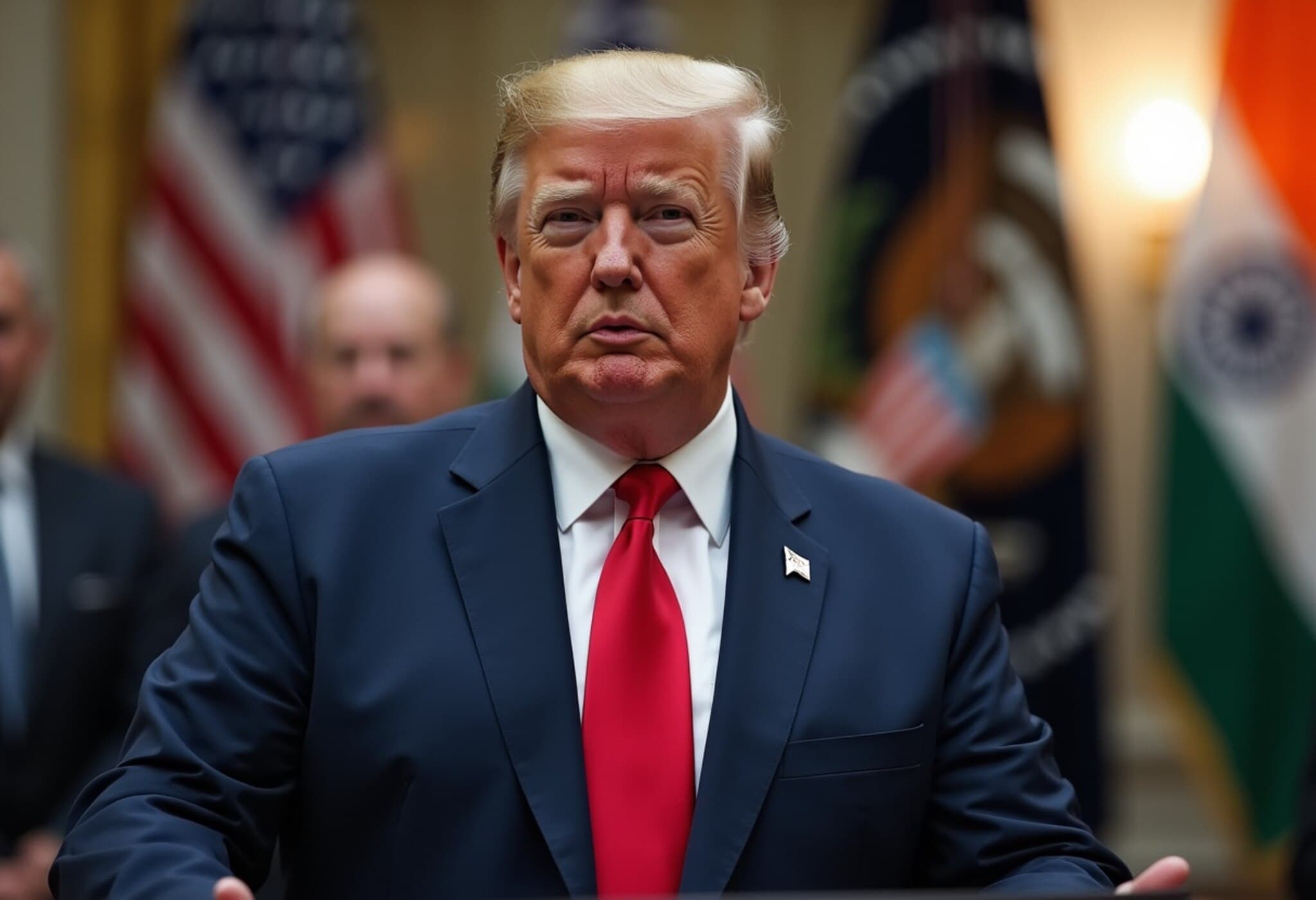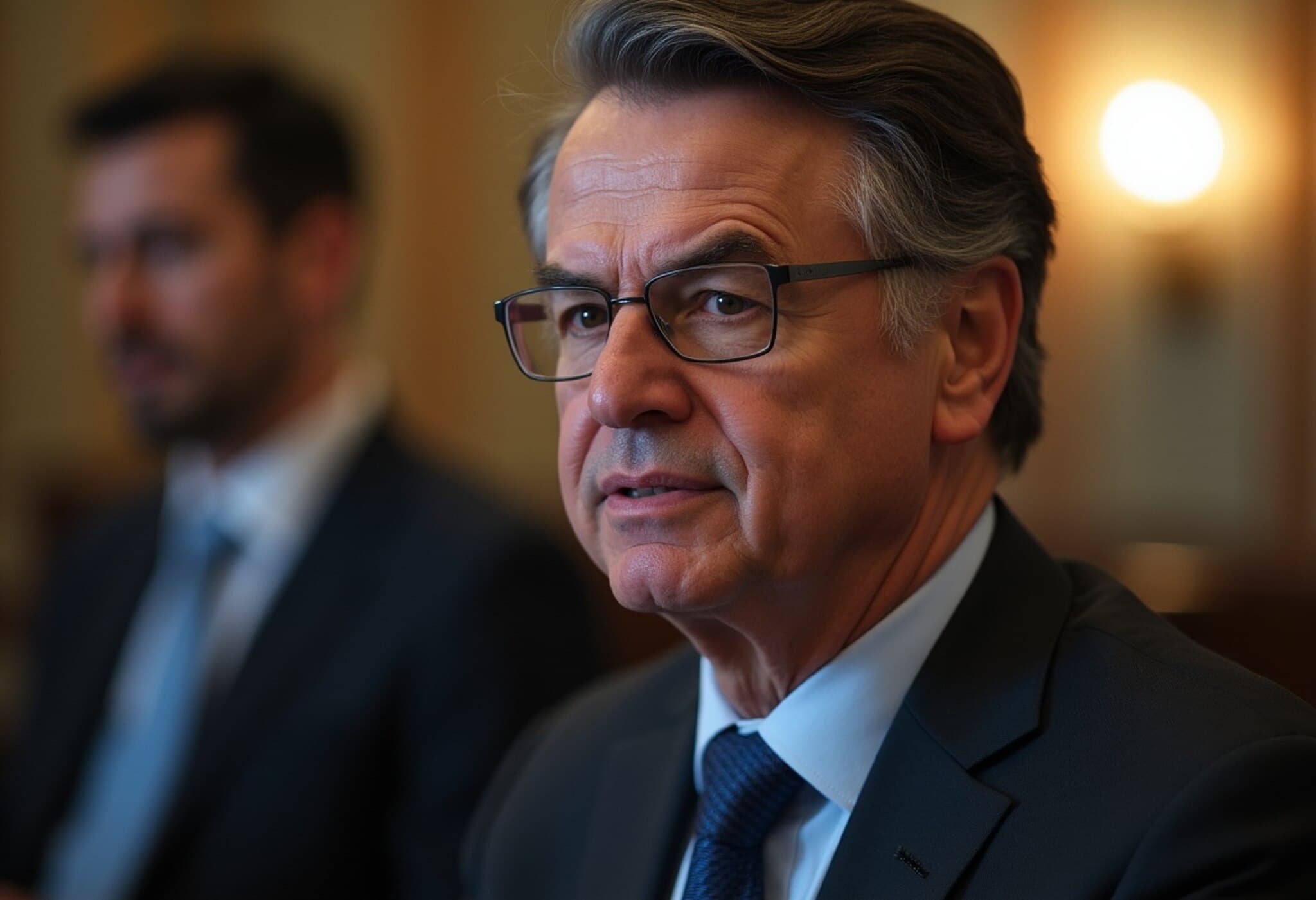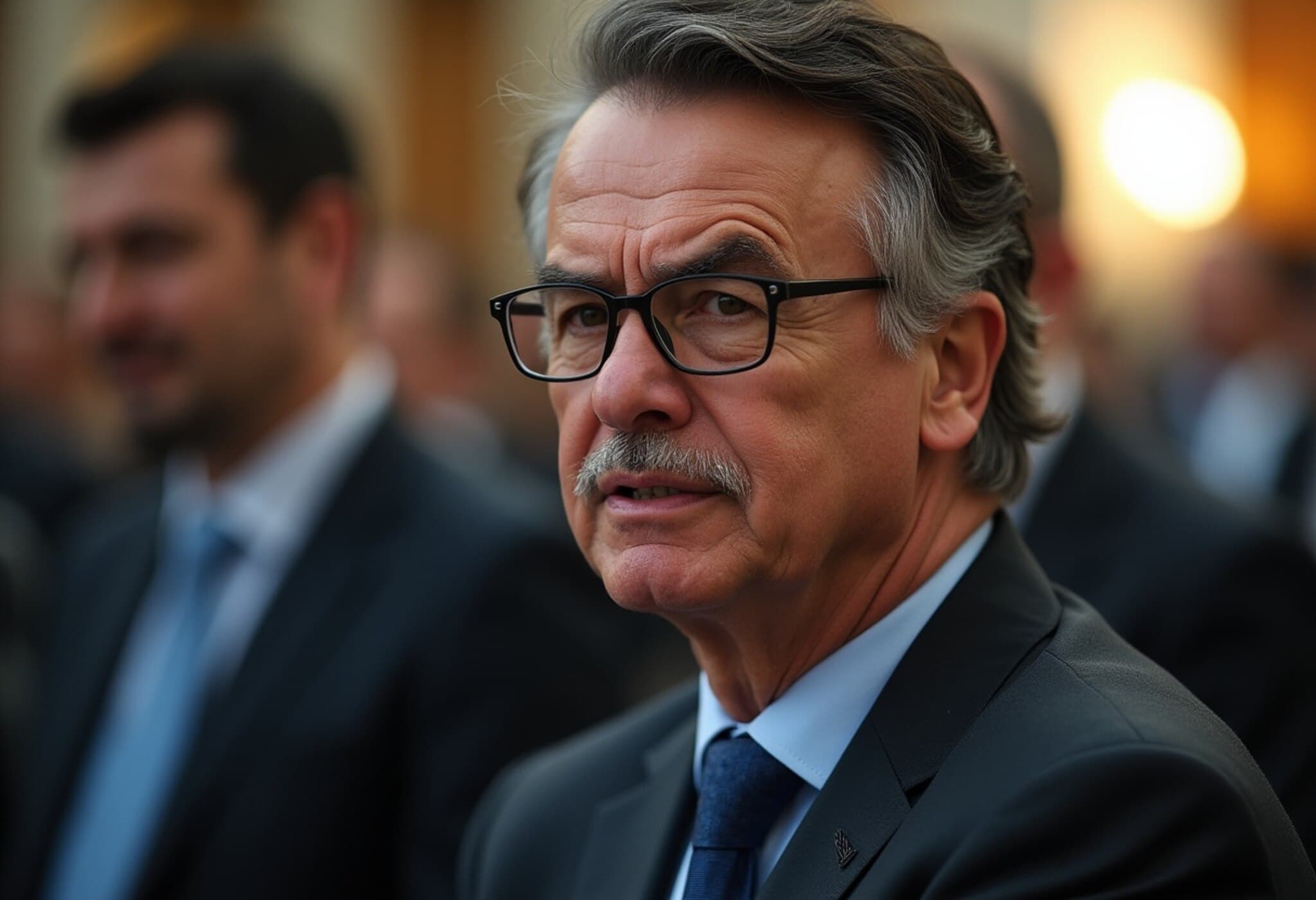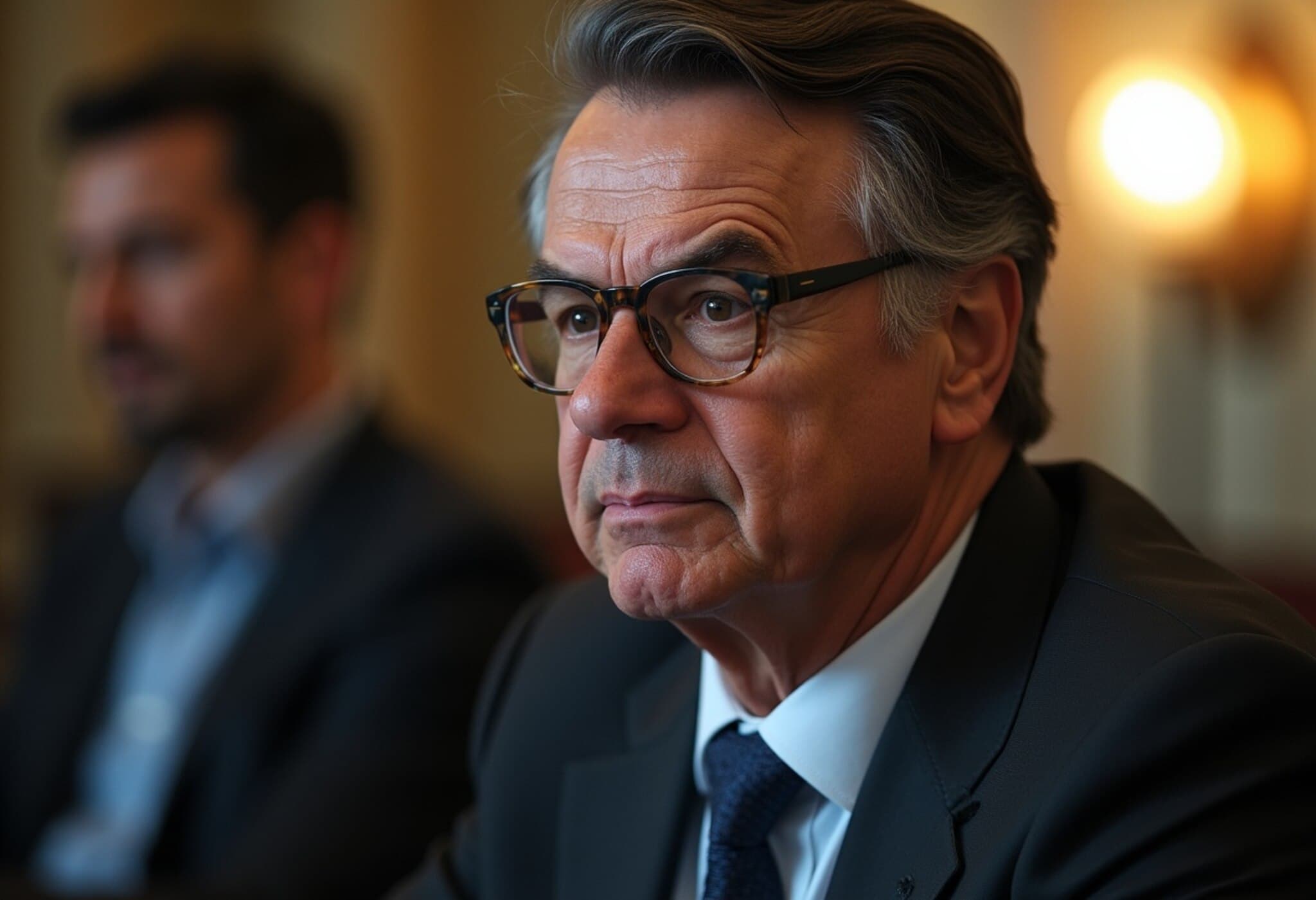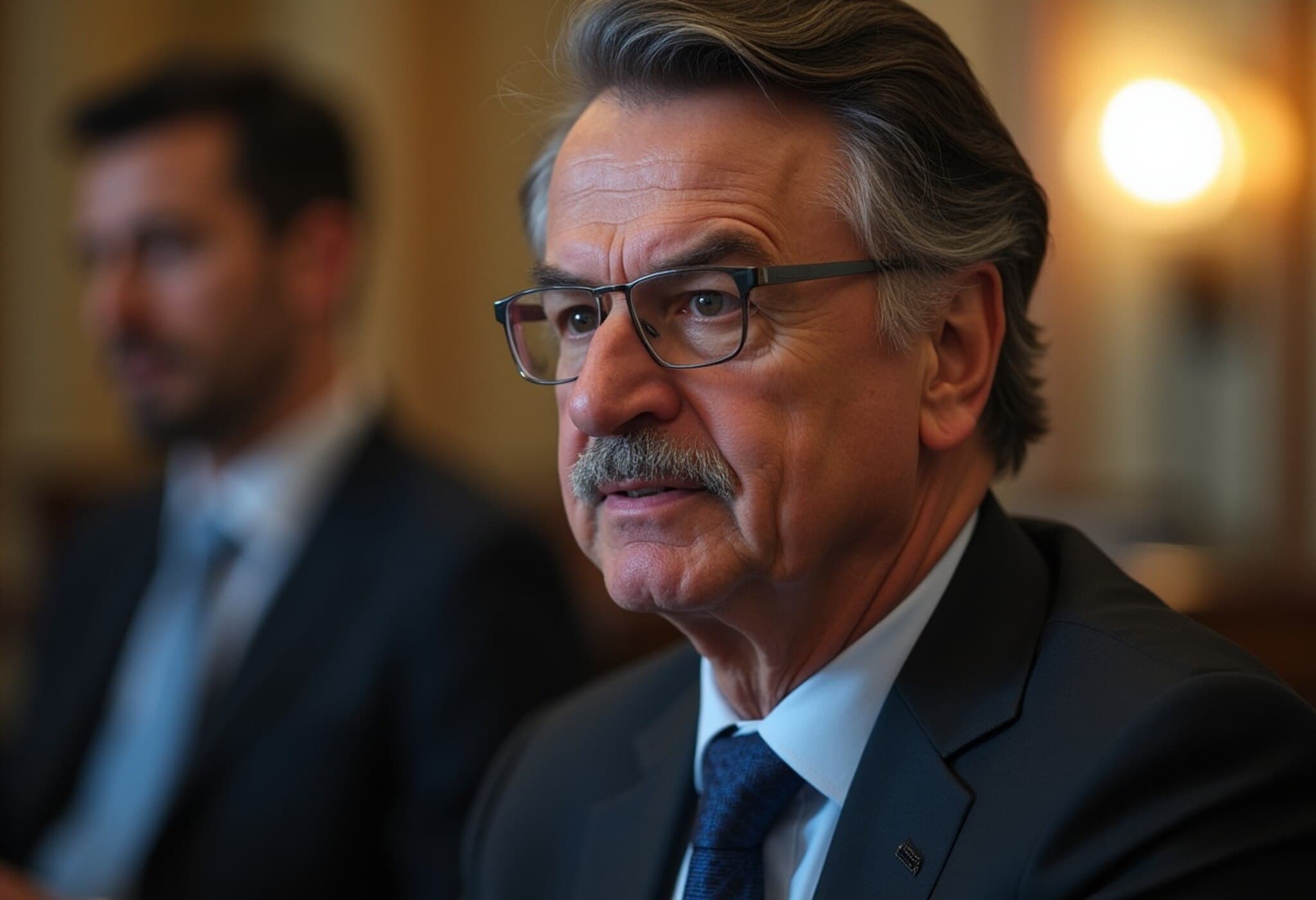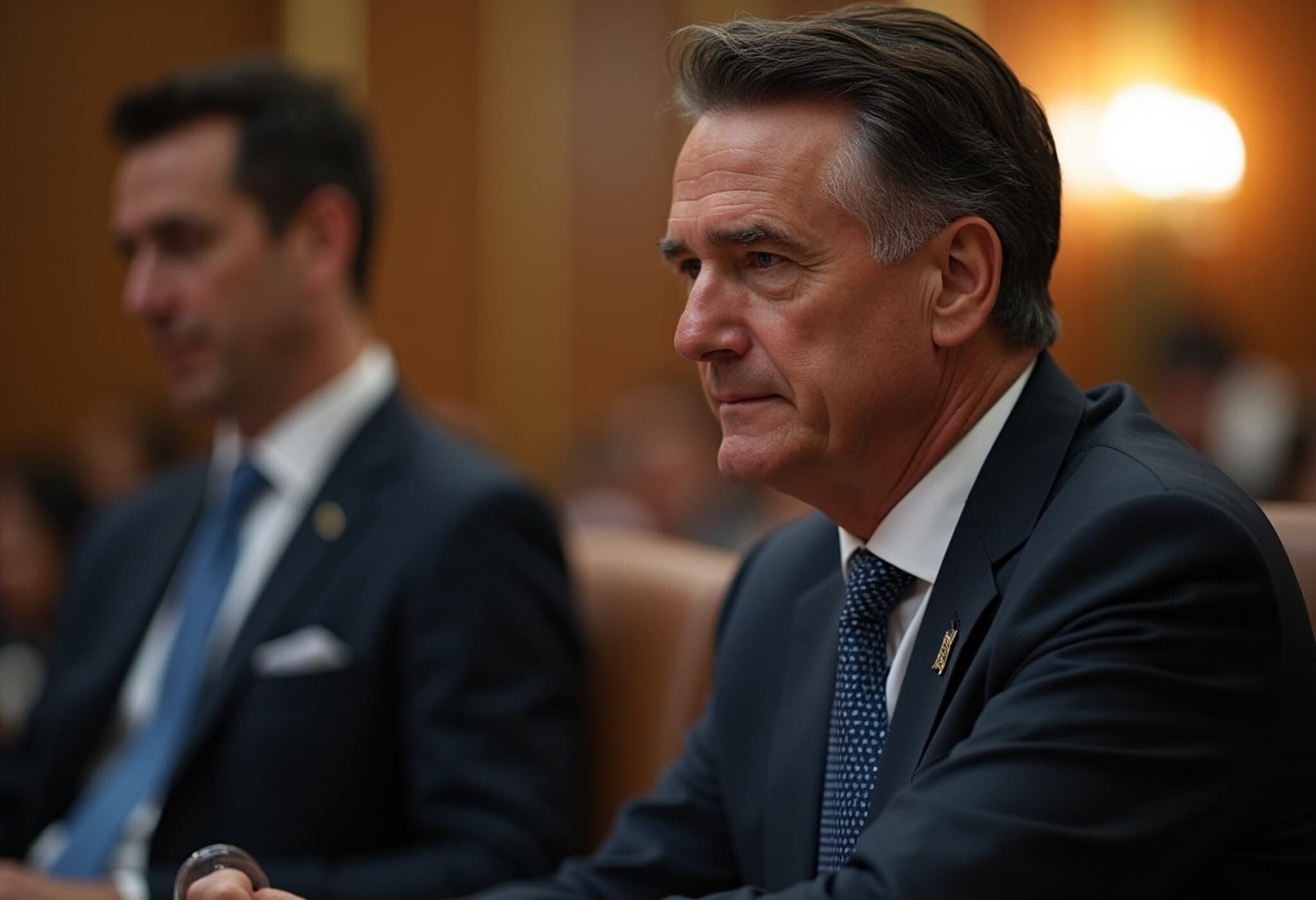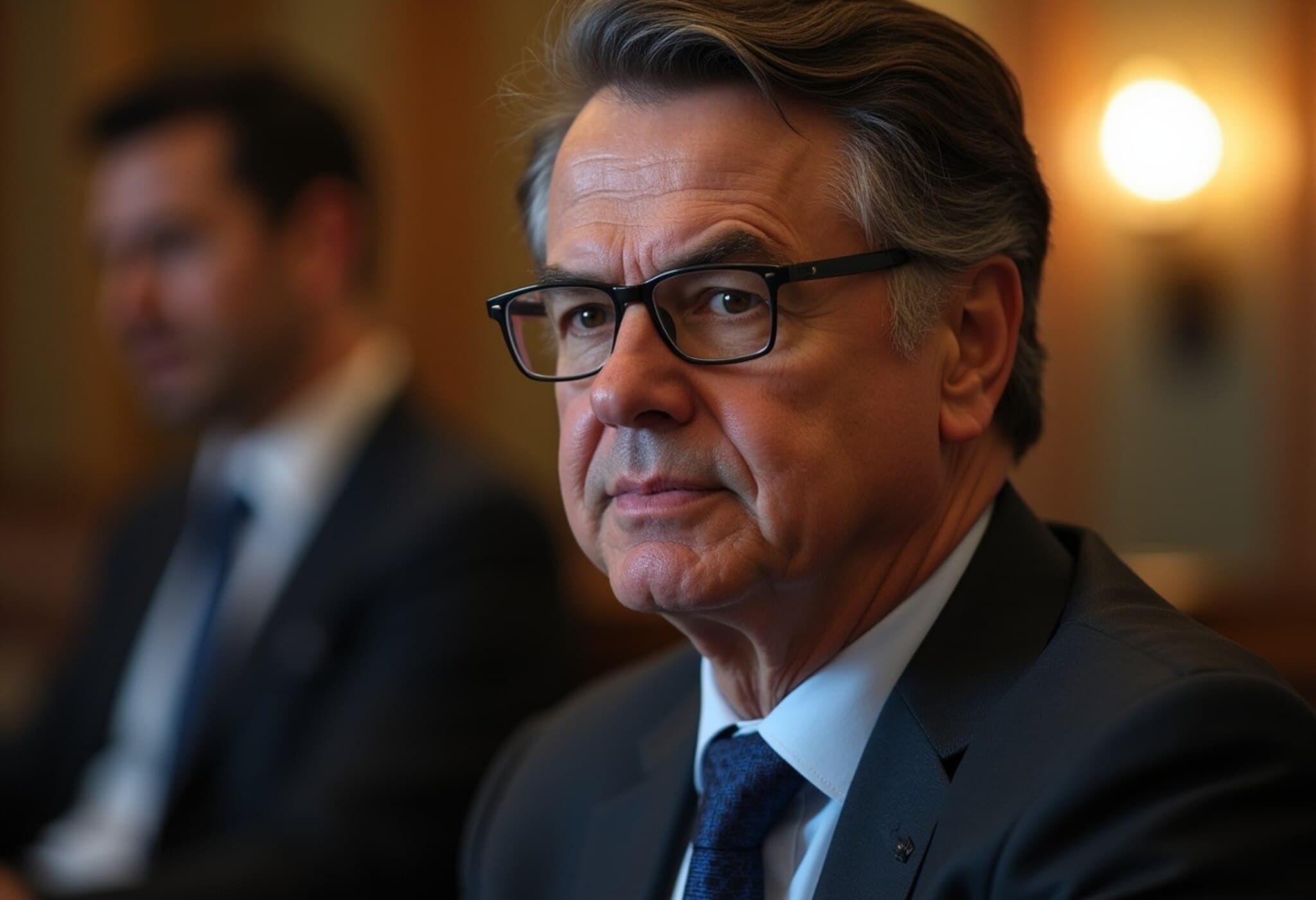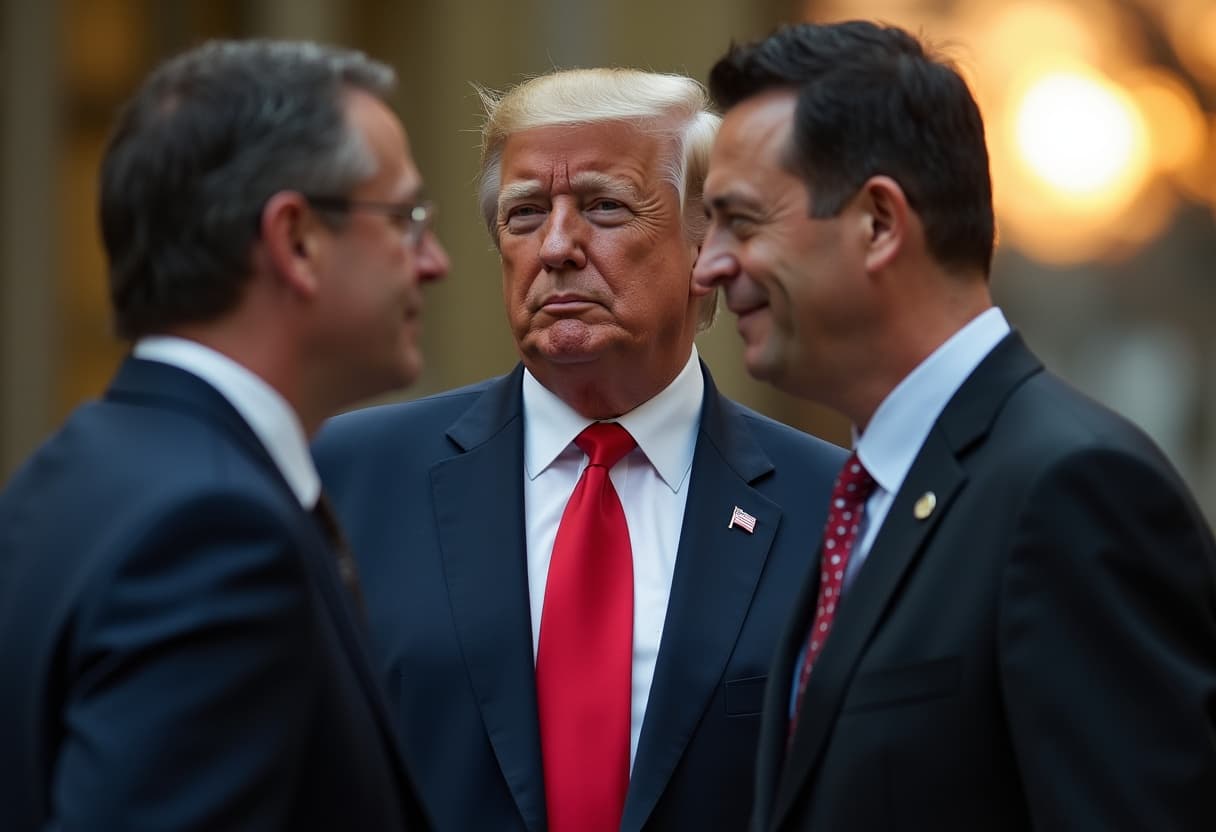Brazil’s Supreme Court Places Former President Jair Bolsonaro Under House Arrest
In a dramatic escalation of Brazil’s ongoing political turmoil, the nation’s Supreme Court has ordered former President Jair Bolsonaro into house arrest for violating court-imposed social media restrictions linked to an explosive investigation into a suspected coup attempt.
Background: A Court’s Firm Stance Against Defiance
On August 5, 2025, Justice Alexandre de Moraes, one of the Supreme Court’s most influential judges, ruled that Bolsonaro had circumvented a ban on social media use imposed just weeks prior. The restriction aimed to curb Bolsonaro’s influence amid an investigation into his alleged role in attempts to overturn Brazil’s 2022 presidential election results — which he lost to Luiz Inácio Lula da Silva.
What triggered this harsh ruling? The court found Bolsonaro used the social media accounts of his allies to galvanize large-scale protests and openly attacked the judiciary while simultaneously promoting calls for foreign intervention in Brazil’s legal processes. This activity coincided with visible demonstrations supporting Bolsonaro across Brazil’s major cities.
House Arrest Terms: A Controlled Confinement
The order confines Bolsonaro to the mansion he rents within a secure gated community in southern Brasília. His movements will be strictly monitored, and visits limited exclusively to close family members and legal counsel. Importantly, visitors are prohibited from using mobile phones, cameras, or any recording devices during visits. The federal police have been directed to confiscate all cell phones on the premises to enforce this restriction.
Justice Moraes cited Bolsonaro’s attendance — via a phone call — at a Copacabana Beach rally where his son, Senator Flávio Bolsonaro, amplified his provocative messages to supporters. The subsequent deletion of the incriminating video from social media was described by Moraes as a "blatant attempt" to erase evidence of court order violation.
Political and Legal Reverberations
This house arrest is not an isolated measure but part of a broader judicial probe into Bolsonaro’s alleged orchestration of efforts to subvert Brazil’s democratic institutions. If found guilty, the former leader faces potential prison sentences exceeding 40 years. The trial is underway and expected to wrap up later this year.
Political analyst Fernando Gabeira insightfully commented on the development, noting, “Bolsonaro is being arrested in stages. The Supreme Court appears to be easing him into incarceration cautiously, possibly to mitigate public unrest.”
Broader Sociopolitical Impact and International Dimensions
The fallout extends well beyond Brazil’s borders. Tens of thousands of Bolsonaro’s supporters have congregated near significant government hubs, wielding signs that even invoke the former U.S. President Donald Trump, who maintains a reported alliance and has criticized the Brazilian judiciary’s actions.
- The U.S. recently slapped a 50% tariff on Brazilian goods, citing what it calls a "witch hunt" against Bolsonaro.
- Trump’s administration also imposed sanctions on Justice Moraes, accusing him of leading politically motivated repression.
- Security measures have been heightened in Brasília, with barricades installed around key government institutions anticipating further protests.
Such international involvement adds layers of complexity to Brazil’s judicial proceedings and raises challenging questions about national sovereignty and external influence on domestic politics.
Expert Perspective: A Nation at a Crossroads
Brazil sits at a precarious political junction where the rule of law grapples with populist defiance. The Supreme Court's decisive actions symbolize an institutional effort to uphold democratic norms amid turbulence but risk igniting further polarization.
From a legal standpoint, the partial house arrest signals a strategic effort to balance enforcement with the volatile nature of Bolsonaro’s popular base. It reflects a judiciary increasingly willing to assert its authority while cautiously calibrating its approach to public sentiment.
Conclusion
As Brazil watches closely, the unfolding trial against Jair Bolsonaro promises to be a watershed moment for Latin America’s largest democracy. This saga highlights the fragile interplay between judicial independence, political loyalty, and the power of social media as a tool for both mobilization and dissent.
Editor’s Note:
Brazil’s Supreme Court incarceration of a former president is a rare spectacle that invites broader reflection on democratic resilience and the perils of disinformation. Will this firm judicial stand restore political stability, or deepen societal divides? Furthermore, how will foreign interventions shape Brazil’s sovereignty moving forward? Readers are encouraged to consider these questions in the context of global challenges to democracy.

